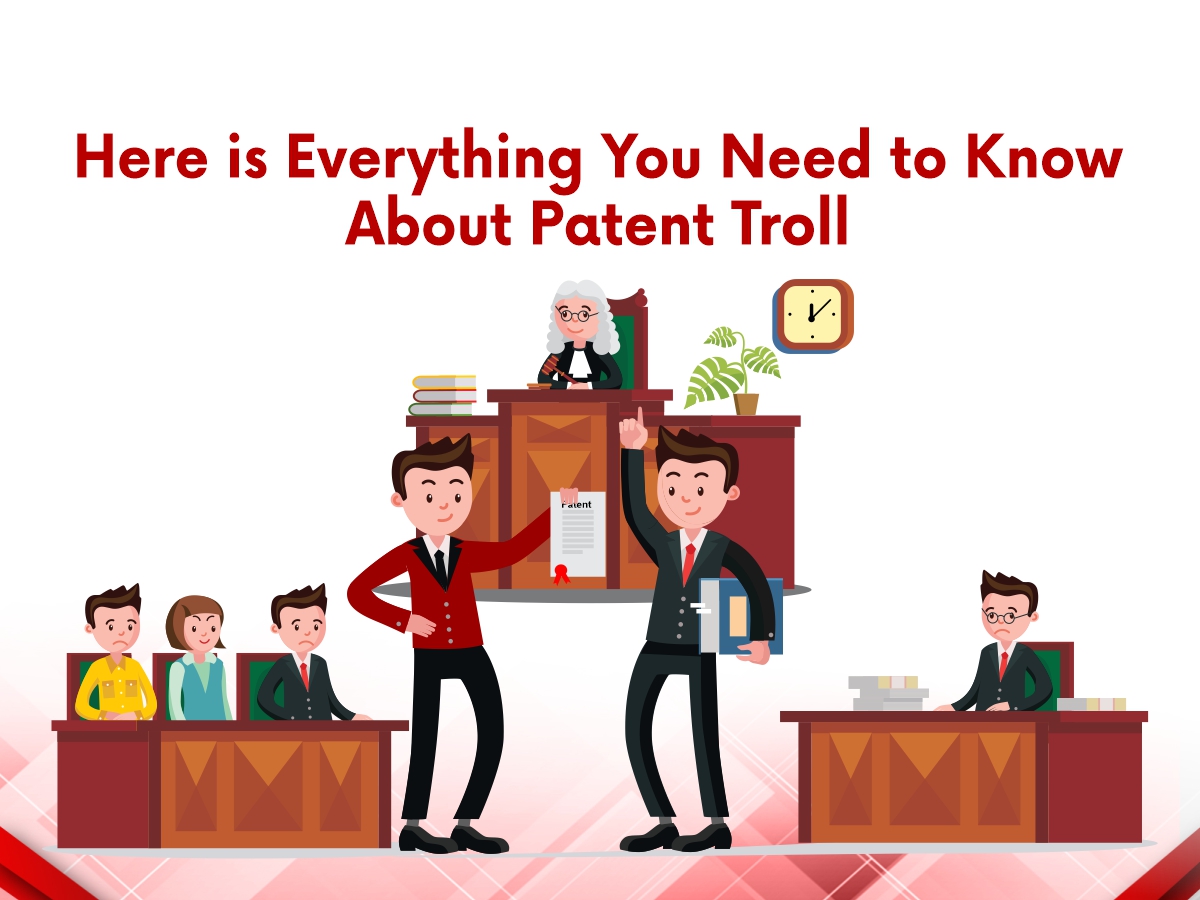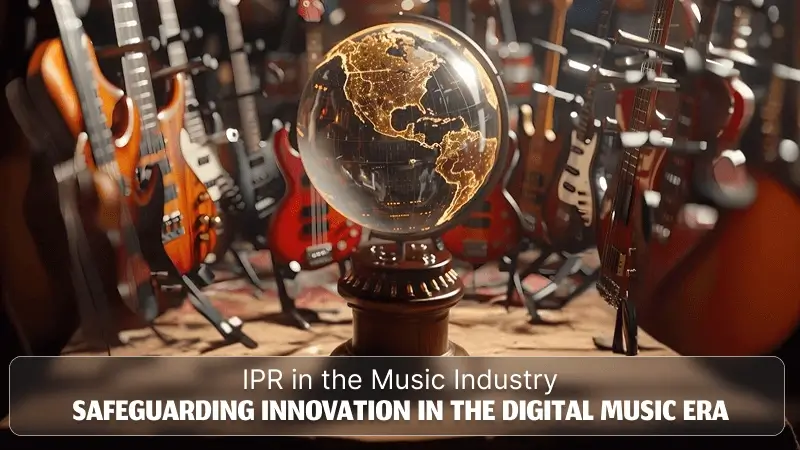
PATENT TROLL MEANING
A patent troll is an individual or a company that attempts to enforce a patent right against accused infringers to collect licensing expenses, royalty but does not have any motive to produce product or provide services.
The troll use patents claims as advantage to threat the infringer by using variety of tricks include exploiting the legal system’s loopholes.
THOMAS ALVA EDISON
Thomas Alva Edison was a famous American inventor and a businessman who was well-known for inventing DC (Direct Current) electrical power.
In Edison’s early days of his career, he sold a lot of patents so that he could manage to sponsor his full-time analysis and creation strategies.
Even when he became more successful and famous with a name called ” wizard of Menlo Park”, he was still selling his patented innovations. One of the biggest companies he sold his incandescent light bulbs to, was the General Electric company.
Developing products in his lab and selling or licensing them to others, made him famous.
CHARLES GOODYEAR
Charles Goodyear was one of the inventors who made vulcanized rubber in 1839 and was granted a patent for it in 1844. This man never sold any rubber product but instead, he licensed and sold his products to individuals and other companies to commercialize them.
With his passion for rubbers, he invented a lot of rubbers innovation that are still used today.
He sued hundreds of dentists for unauthorized use of rubber implants by massive litigation campaigns.
ELIAS HOWE JR.
Howe invented the lockstitch mechanism in the 1840s used in sewing machines. Just like Charles Goodyear he also licensed and patented his products. After realizing that some companies infringed on his product, he thought of litigating the infringers and collected royalties.
After the refusal of licensing offers from his infringers led to the first patent war in America which is called the “sewing machine war”.
Yes, it is legal
Patent owner has full right to sue someone if he/she is making, selling a product without patent owner’s permission.
Morally, Patent trolls have been looked down Because they have no agenda of developing a product.
Intellectual lawyers can indeed be expensive at times, but having one will save you from further legal obstacles. Having consultations with lawyers even though the patent troll has not sued you, can let you know where you can easily cover up all the risks in your business.
Mostly, startups have a lot of ideas but usually don’t money spend on the patent. If you have ideas and are not patented yet, then one should file an application as soon as possible.
If you do not patent your idea, then it is easy for someone else to steal your ideas and gain profits out of them.
There are recognized organizations that are responsible for protecting you from patent trolls. They help individual or companies to use their services for free by transferring their patents to other partners.
Some of the organizations are Google, CBS and Tesla. All these organizations are there to protect you from patent trolls that can ruin your business.
Before launching product you should check first that there is no similar product is available in market which can infringe.
By Freedom to operate (FTO) Search you can find live patents and prior arts which can an obstacle in your business plan. To perform this kind, you should hire an experienced firm, Wissen Research is a well known company which provides wide range service in IP.
The word “trolls” in a patent gives an awkward meaning because it is always used as a negative statement. Just by hearing the name, you can know that Patent trolls do not have good sides.
Big companies can pay royalties easily and hire top rated lawyers for fighting court case but for startups they are totally new, they already spend most of money on Research & Development. Infringement case can ruin a small scale business over a night.

IPR in the Music Industry: Safeguarding Innovation in the Digital Music Era

Innovation in Automobile Industry: Key Tech & IP Trends to Watch

Protecting Innovation in Fashion: Key IP Strategies Every Fashion Brand Should Implement

From Lab to Table: How Cultivated Meat is Revolutionizing the Industry?
© Copyright 2024 – Wissen Research All Rights Reserved.